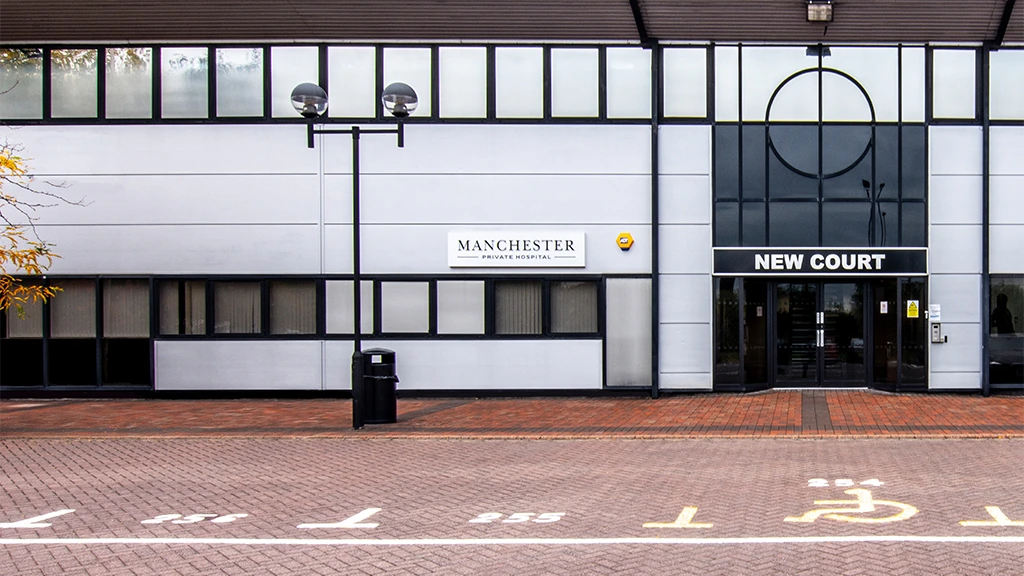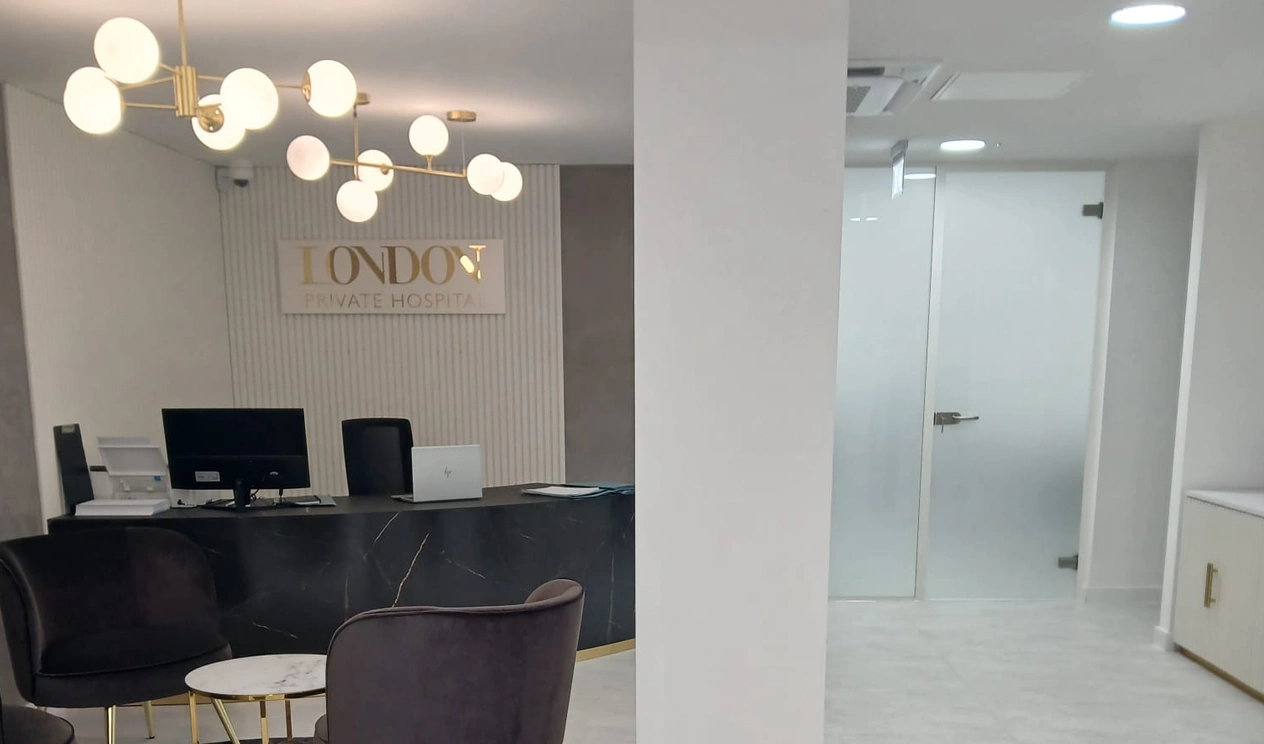This Article Covers:
- How do you identify if you might need prolapse repair?
- What does the procedure entail?
- What will recovery be like?
- What are the risks associated with posterior prolapse repair?
- Immediately after the surgery
- Once you’ve returned home
- How much does it cost?
- Posterior prolapse repair at Manchester Private Hospital
You can identify a posterior prolapse through a change in sensation in and around the vagina. It isn’t life threatening, though the discomfort can lead many patients to consider surgery.
How do you identify if you might need prolapse repair?
If a patient is in need of a prolapse repair, they might feel a sensation of ‘something coming down’, the feeling of not having fully emptied your bowel with the need to press on the back wall of your vagina to fully empty your bowel. If you experience discomfort during sex, or have trouble keeping a tampon in, these may also be signs you need to undergo prolapse repair.
You don’t have to have ever been pregnant to need prolapse repair, but it can increase the chances,
What does the procedure entail?
It’s important to note that this procedure goes by many names. It might be referred to as a vaginal prolapse repair, posterior repair or colporrhaphy posterior repair.
This procedure is designed to tighten the support tissues between the vagina and the bowel, removing a bulge in the vagina which is the cause of these uncomfortable sensations.
The surgeon makes a cut in the back wall of the vagina, which pushes the bowel back into place. Using stitches, they’ll tighten the support tissues along the back wall of the vagina.
In some cases, surgical mesh may be used. Any wounds will be closed using dissolvable staples.
The procedure is quick, taking around half an hour. It is performed under general anaesthetic.
What will recovery be like?
Recovery times can vary following a posterior prolapse repair. A slight discharge or bleeding is to be expected.
You may need to stay in hospital for up to three days, after which, a couple of weeks rest at home is necessary.
Sex should be avoided for about six weeks, or until any bleeding or discharge has subsided.
Pelvic floor exercises and gentle physical activity can be extremely beneficial to recovery. You’ll be given detailed information by the team at Manchester Private Hospital about how to get back to normal following your surgery.
What are the risks associated with posterior prolapse repair?
Like any surgery, there are risks associated with a vaginal repair operation. You’ll be taken through all the possible risks and side effects during your consultation with the surgeon at Manchester Private Hospital.
Risks specific to this surgery include damage to local organs such as the bladder or uterus, though this is extremely rare.
The risk of prolapse recurrence, meaning the prolapse returns, is 30%.
A change in bowel function can occur. It is often improved, but sometimes it causes constipation. You may also struggle to control the urge to urinate immediately after the surgery.
Some people report a decrease in sensation during intercourse too.
Immediately after the surgery
Many posterior prolapse repair patients return home the same day. If you stay in our facility, you will be encouraged to move around to reduce general well-being and reduce the chance of blood clots in your legs. It is possible that you could stay in the hospital for up to four days. You will not be able to drive immediately after your surgery.
Our expert team will be on hand to aid in your recovery. After the procedure it’s likely you’ll have a drip for hydration. It’s also likely you’ll have a bandage in the vagina, as well as a sanitary pad for bleeding. You may also have a catheter for a short while, to help with the draining of the bladder.
There may be some pain, which is manageable with pain relief.
Once you’ve returned home
After a short stay in our state-of-the-art recovery centre, you’ll be able to take time to recover at home. When you’re at home, there’s plenty of things you can do to ensure your recovery keeps moving in the right direction. These include:
- Frequent gentle movement, to prevent the development of DVT (Deep Vein Thrombosis).
- Avoid using tampons for six weeks, they can damage your stitches.
- After six weeks you can resume sexual intercourse if you wish. Using lubrication may make this more comfortable, or you may want to wait – until your stitches have
- dissolved entirely, at three to four months.
- We’ll schedule a follow-up appointment with you, for your peace of mind.
- You can avoid constipation by staying hydrated, and eating plenty of vegetables and roughage.
How much does it cost?
Like any private surgical procedure, costs can vary. In the UK you can expect to pay around £7000 to £9000
Posterior prolapse repair at Manchester Private Hospital
Opting for your pelvic floor repair or vaginal prolapse surgery at Manchester Private Hospital is facilitated by a team of dedicated and passionate professionals. We operate in a pressure-free environment, meaning you will be informed and in control at every stage from consultation to aftercare.
Read Our Patient Reviews
Explore our reviews made by real patients
Meet Our Expert Surgeons
Get to know our highly experienced surgeons
Consultation Locations
We offer Consultations from a number of locations around the UK
Prices and finance
We have partnered with Chrysalis Finance, allowing patients to apply for cosmetic surgery finance for all our procedures
Consultation Locations
Manchester Hospital
Manchester Private Hospital New Court, Regents Place, Windsor
Street Salford, Greater Manchester, M5 4HB.

















